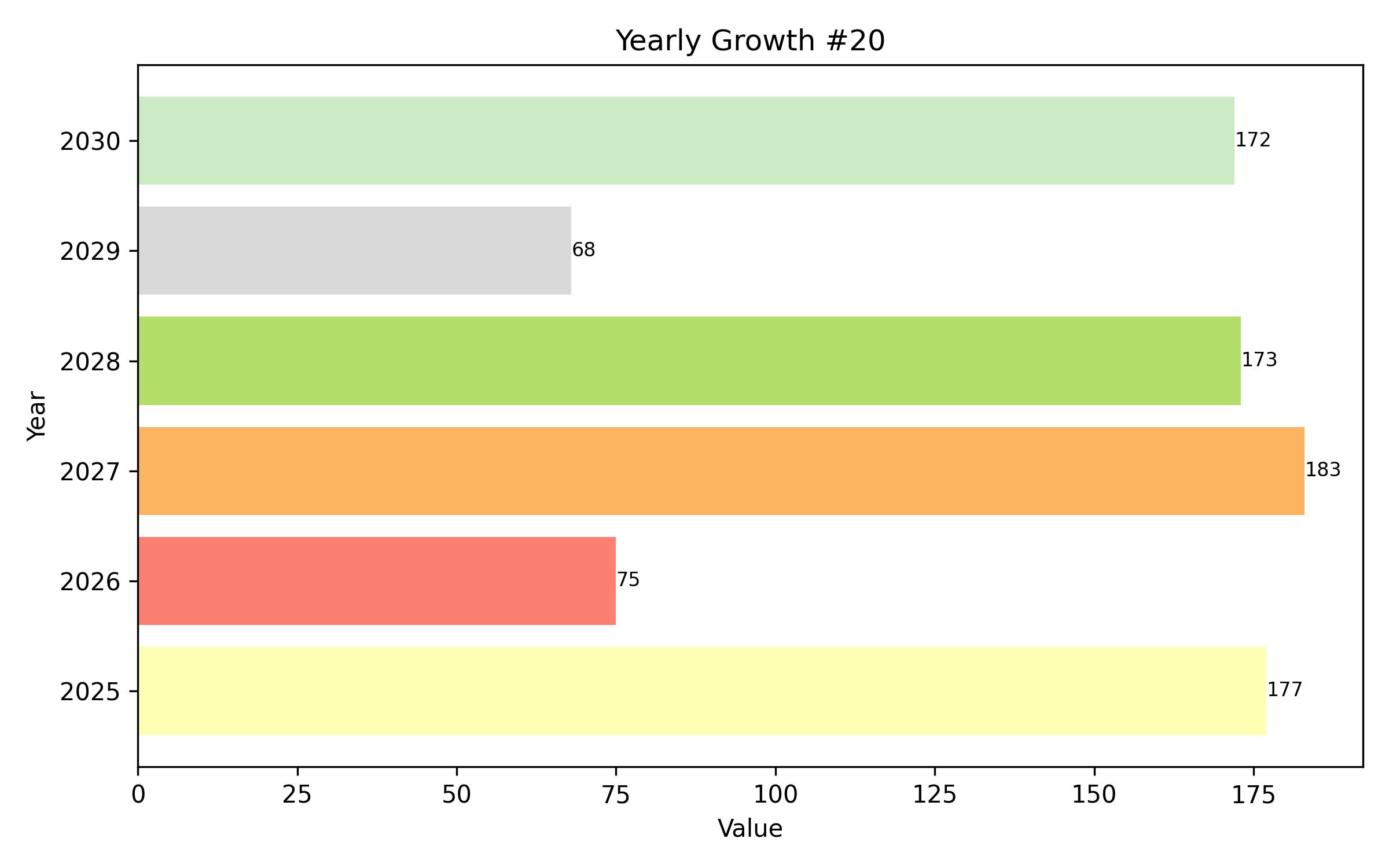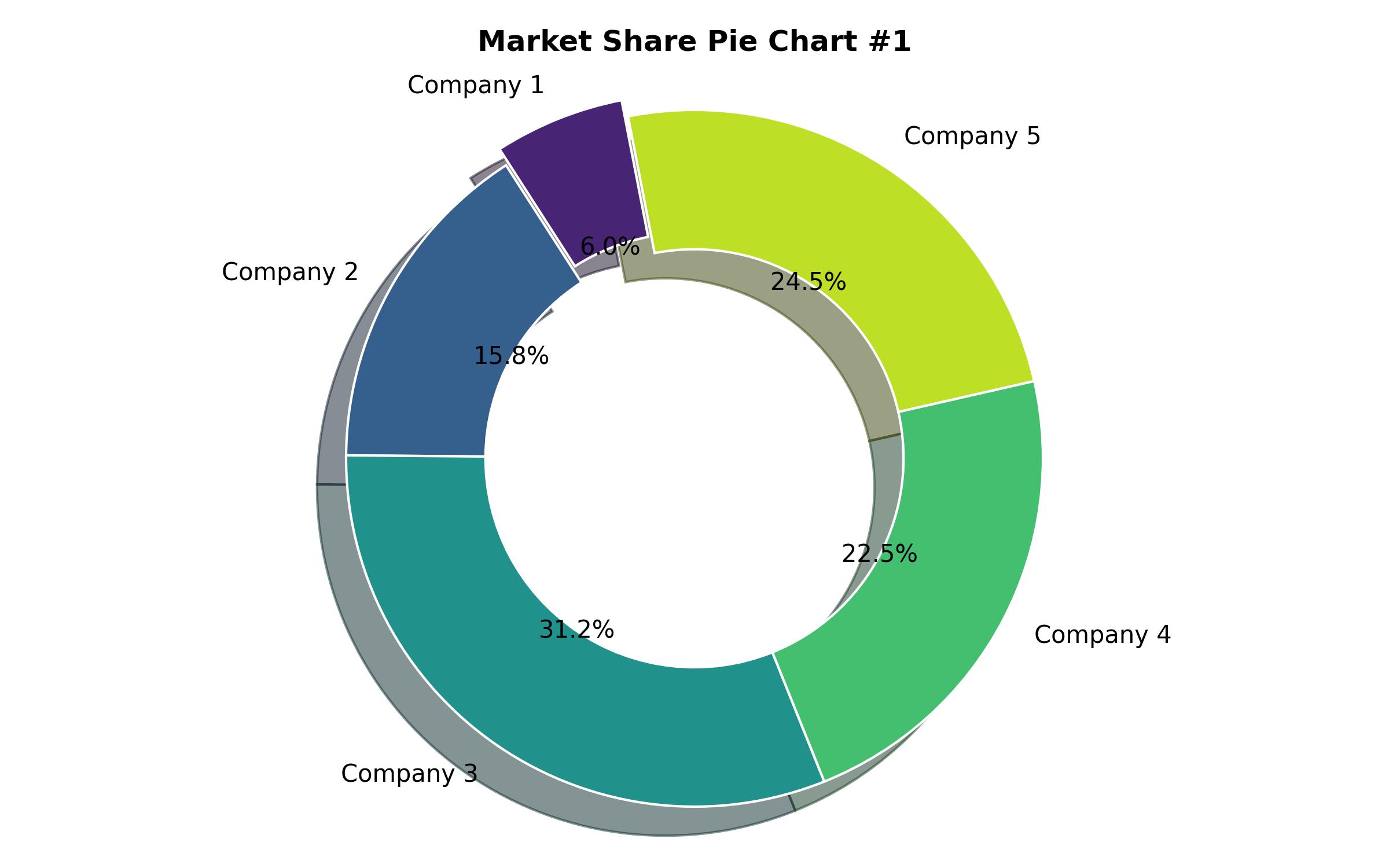Analysis of the Global Tagatose Market: Applications, Sweetness Attributes, Sector Requirements, and Regional Predictions (2025-2035)
Overview:
The tagatose market is poised for considerable growth, projected to expand from USD 169.6 million in 2025 to approximately USD 265.9 million by 2035. This trajectory represents a compound annual growth rate (CAGR) of about 4.6% during the forecast period. This positive outlook is largely driven by the rising demand for healthier, low-calorie sweetening options across the food and beverage industry. Tagatose, a naturally occurring sugar with about 90% of sucrose’s sweetness but significantly fewer calories, offers an appealing alternative for consumers mindful of their health.
A key factor increasing market momentum is the escalating global prevalence of diabetes and obesity. This has spurred increased interest in low-glycemic index alternatives like tagatose for developing diabetic-friendly food products. Consequently, tagatose is finding broader application in categories such as beverages, dairy items, and confectionery. Furthermore, the prevailing consumer preference for clean-label and natural ingredients is enhancing the attractiveness of tagatose as a preferred sweetener choice.
However, the market faces certain constraints, most notably the potentially high cost of production and challenges related to raw material availability. Unlike more straightforward sugar molecules, tagatose is extracted from lactose through an involved enzymatic or fermentation process, which can make large-scale production economically challenging. The competitive landscape, marked by the presence of other established low-calorie sweeteners, also poses a potential barrier to significant market expansion.
From a geographical perspective, North America and Europe are anticipated to maintain a substantial market share, attributed to strong consumer health awareness and the presence of key market participants. Meanwhile, the Asia-Pacific region is expected to exhibit robust growth in the coming years, influenced by rising health consciousness and increasing disposable incomes.
Industry players are prioritizing research and development to address production inefficiencies and cost. Continuous innovation in extraction technologies and production optimization is crucial to reduce manufacturing expenses and ensure broader accessibility of tagatose across different consumer segments. This focus on R&D is essential for sustaining market expansion.
The market’s future is closely tied to overcoming production cost hurdles, enhancing supply chain reliability, and increasing consumer awareness. Strategic investments in novel manufacturing technologies and targeted marketing efforts will be necessary to fully capitalize on the growing demand for natural, health-conscious sweeteners.

| Report Attribute | Details |
|---|---|
| Market Size in 2025 | USD 169.6 Million |
| Revenue Forecast for 2035 | USD 265.9 Million |
| Growth Rate (CAGR) | 4.6% from 2025 to 2035 |
| Base Year for Estimation | 2024 |
| Historical Data | 2020 to 2023 |
| Forecast Period | 2025 to 2035 |
| Quantitative Units | Revenue in USD million/billion and CAGR from 2025 to 2035 |
| Report Coverage | Revenue forecast, company market share, competitive landscape, growth factors and trends |
| Covered Segments | Product Type, Application, End-Use Industry, Region |
| Regional Scope | North America, Latin America, Europe, East Asia, South Asia & Pacific, Middle East & Africa |
| Country Scope | USA, UK, France, Germany, Italy, South Korea, Japan, China, Australia, New Zealand |
| Key Companies Analyzed | Damhert Nutrition NV, CJ Cheiljedang Corporation, Bonumose LLC, Silver Fern, Santa Cruz Biotechnology, Inc., Zhejiang Yixin Pharmaceutical Co., Ltd., Living Fuel, Inc., Sukrin, Arla Foods, Tokyo Chemical Industry Co., Ltd. (TCI) |
| Customization Options | Free report customization (up to 8 analysts working days) with purchase. Changes to country, regional, and segment scope |
| Pricing and Purchase Options | Customizable purchase options for tailored research needs |

Report Coverage & Deliverables
- Market Trends And Dynamics
- Competitve Benchmarking
- Historical data and forecasts
- Value/Volume analysis
- Company revenue shares and key strategies
- Regional opportunities
This is an indicative segmentation. Please request a sample report to see detail segmentation of this market.
Detailed Market Segmentation
- By Production Method
- Enzymatic Conversion
- Microbial Fermentation
- By Application
- Food & Beverage
- Pharmaceutical
- Nutraceuticals
- Personal Care
- By end use industry
- Diabetic Products
- Weight Management Products
- Prebiotic Products
- Oral Care Products
- By Region
- North America (U.S., Canada)
- Latin America (Brazil, Mexico)
- Growth Opportunities (Germany, Italy, France, UK, Spain, BENELUX, Australia & New Zealand, China, India, Japan, South Korea, ASEAN, Russia & CIS, Northern Africa, South Africa, Turkey GCC Countries)
Table of Content
- Executive Snapshot
- Market Overview
- Key Market Trends
- Key Success factors
- Market Demand Analysis 2020 to 2024 and Forecast, 2025 to 2035
- Market – Pricing Analysis
- Market Demand (Value or Size in USD Million) Analysis 2020 to 2024 and Forecast, 2025 to 2035
- Market Background
- Market Analysis 2020 to 2024 and Forecast, 2025 to 2035, By Production Method
- Enzymatic Conversion
- Microbial Fermentation
- Market Analysis 2020 to 2024 and Forecast, 2025 to 2035, By Application
- Food & Beverage
- Pharmaceutical
- Nutraceuticals
- Personal Care
- Market Analysis 2020 to 2024 and Forecast, 2025 to 2035, By End Use Industry
- Diabetic Products
- Weight Management Products
- Prebiotic Products
- Oral Care Products
- Market Analysis 2020 to 2024 and Forecast, 2025 to 2035, By Region
- North America
- Latin America
- Growth Opportunities
- North America Market Analysis 2020 to 2024 and Forecast, 2025 to 2035
- Latin America Market Analysis 2020 to 2024 and Forecast, 2025 to 2035
- Growth Opportunities Market Analysis 2020 to 2024 and Forecast, 2025 to 2035
- Country Wise Market Analysis 2020 & 2035
- Market Structure Analysis
- Competition Analysis
- Assumptions and Acronyms Used
- Research Methodology
